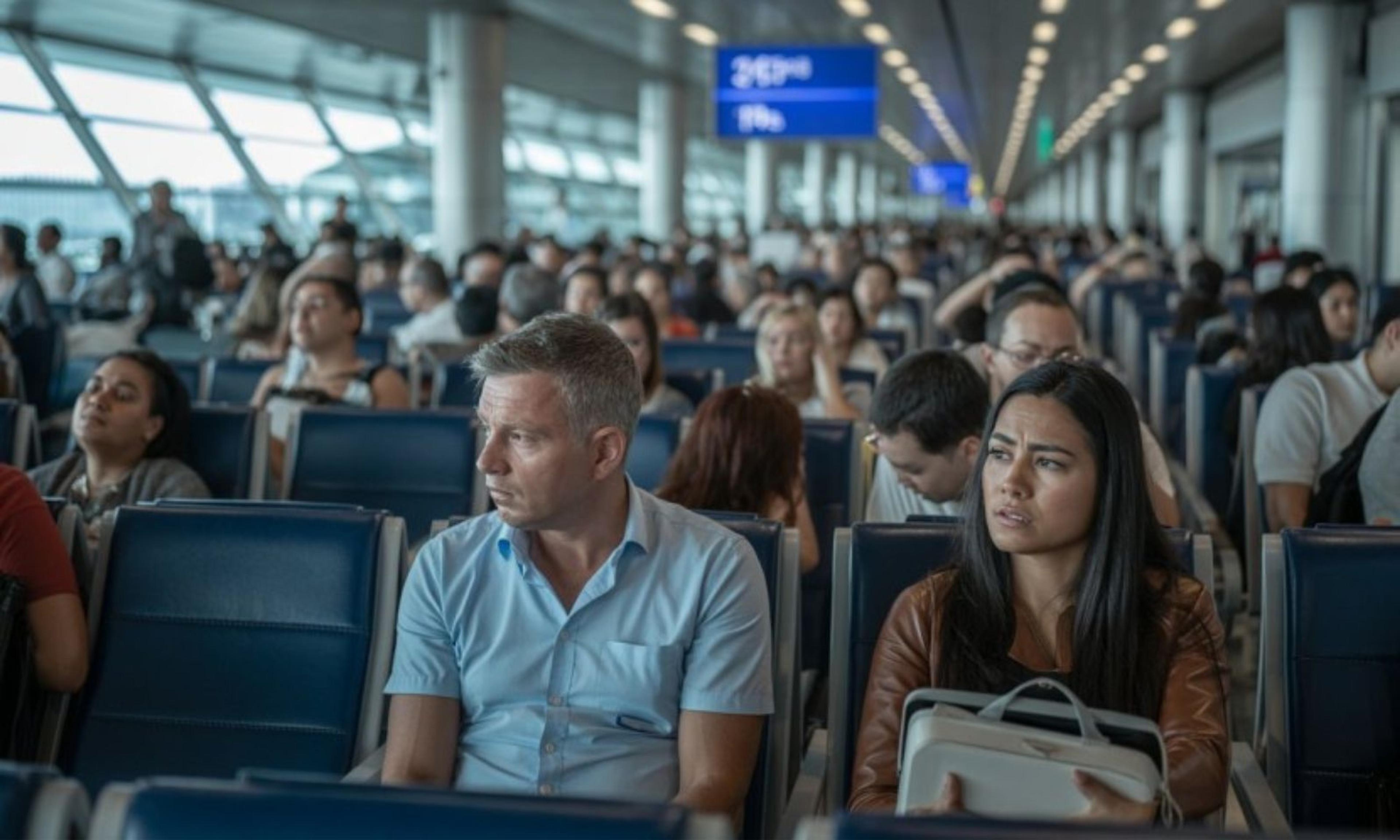

Green Party MP Teanau Tuiono (left) with PMN political journalist 'Alakihihifo Vailala.
Photo/Joseph Safiti
Green MP queries $12b Defence boost amid Pacific relations
Teanau Tuiono challenges the Government’s spending decisions, saying there are pressing domestic issues like child poverty and climate action.

Green MP Teanau Tuiono is questioning Defence Minister Judith Collins’ spending decisions following the Government’s announcement of a multi-billion-dollar capability plan for New Zealand’s armed forces.
Collins recently unveiled a $12 billion defence capability plan to modernise the military. The proposal includes investments in advanced technologies, upgrades to equipment, and enhancing training programmes.
Prime Minister Christopher Luxon stresses the increasing global tensions, saying New Zealand has “stepped up on the world stage” without adequate Defence funding.
Speaking to PMN political journalist ‘Alakihihifo Vailala, Tuiono says he is interested in who Collins believes the Defence force will be fighting.
“It's a lot of money, so who is it directed at? If you look at what's happening, particularly in the United States, they have disbanded USAID, so that's no longer a way to leverage diplomatic relationships within the Pacific,” the Green MP says.
“I would like to see more focus on those relationships. Relationship diplomacy is more important, and also, if you can find all this money for these weapons, where is the money for child poverty? Where is the money for climate action?”
Tuiono is currently part of a cross-party delegation led by Deputy Prime Minister Vaovasamanaia Winston Peters.
The group also includes Ministers Dr Shane Reti and Simon Watts, opposition deputy leader Carmel Sepuloni, and committee chairs from three parties.
The delegation arrived in Nuku’alofa, Tonga, on Thursday night and plans to visit Hawaii and Vanuatu during their weeklong trip.
Watch Teanau Tuiono’s full interview below.
Multi-visa entry for PIF citizens
While in Tonga, Peters announced the introduction of multi‑entry visitor visas for Pacific Islands Forum (PIF) citizens, aimed at making travel “easier and cheaper”, through a two‑step relaxation of New Zealand’s border rules for Pacific neighbours.
Tuiono says that while 60 countries enjoy visa-waiver entry to Aotearoa, “none of them are from the Pacific”.
“You can have countries like Israel, for example, have visa waiver access into New Zealand, but our relatives from Sāmoa, Tonga, Fiji, so on and so forth, can't come and visit their families.
“What we can do is to really respect that relationship. This is something that we can do well.”

The cross-party delegation landed in Tonga on Thursday night. Photo/Joseph Safiti
New visa rules
From early July, visitors holding passports from any Forum-member country who apply for a standard visitor visa will be eligible for a multi‑entry permit valid for two years instead of the current 12 months, while the maximum length of each stay will remain unchanged.
The PIF comprises 16 independent and self-governing states: Australia, Cook Islands, Federated States of Micronesia, Fiji, Kiribati, Nauru, New Zealand, Niue, Palau, Papua New Guinea, Republic of Marshall Islands, Sāmoa, Solomon Islands, Tonga, Tuvalu, and Vanuatu.
A second change, to be trialled from November, removes the need for a New Zealand visa altogether for PIF citizens already in Australia on work, study, or family visas. They will be able to enter Aotearoa for trips of up to three months by securing a routine New Zealand Electronic Travel Authority.
Next stop: Hawaii
The cross-party delegation will soon head to Hawaii, where Tuiono has expressed concerns about the freeze on USAID funding and the impact of President Donald Trump’s suspension of most new tariffs except for those on China.
Tuiono warns this creates “very dynamic and not in a good way” conditions that risk tilting Pacific engagement towards military interests.
“I would be interested to know how that's playing out in Hawaii as a state, because why, as a state, vote Democrat?
“What does that mean for them, given they're part of the Pacific. What is their interest? Is it just purely military? That's not a good thing.”


